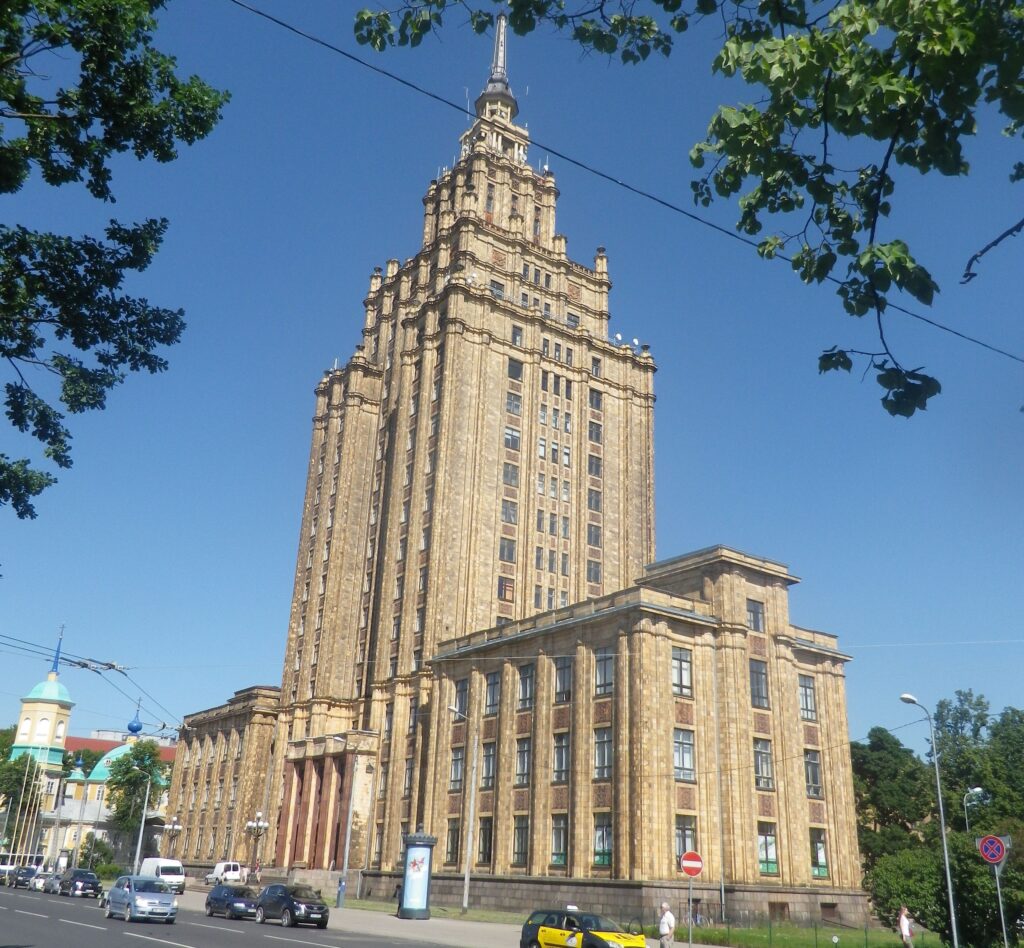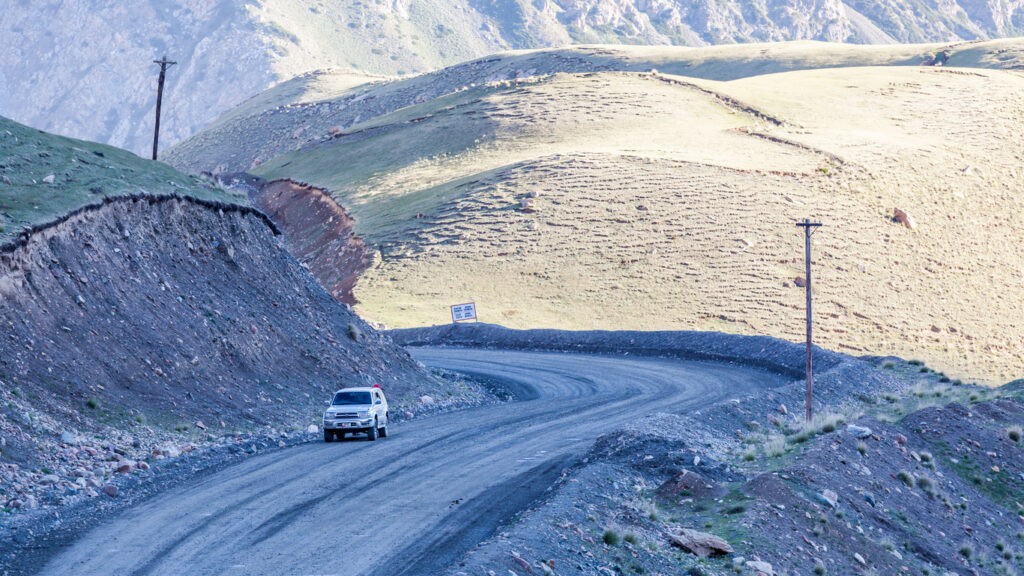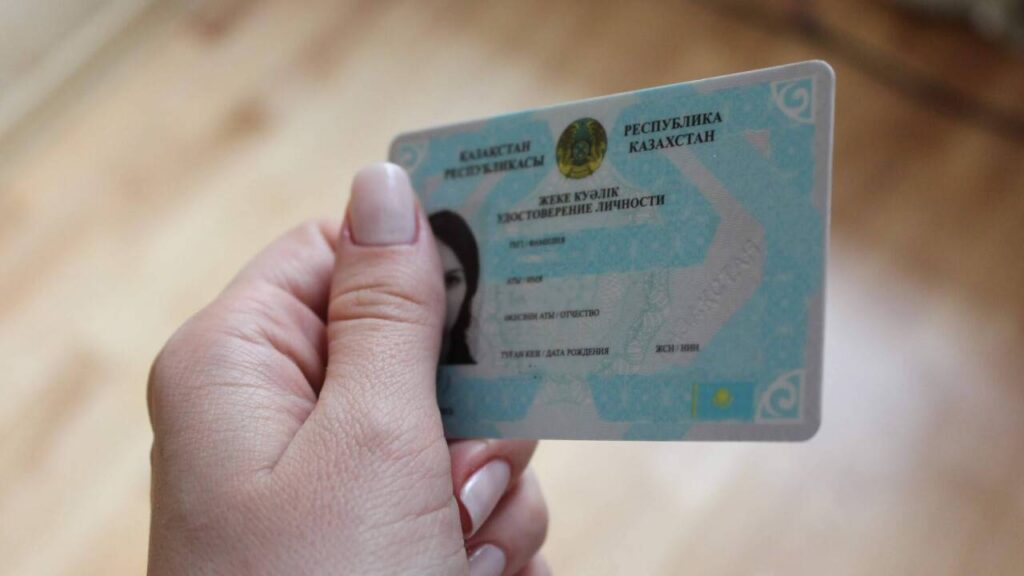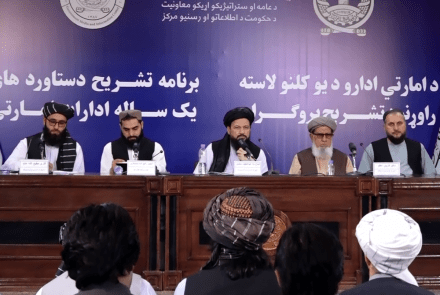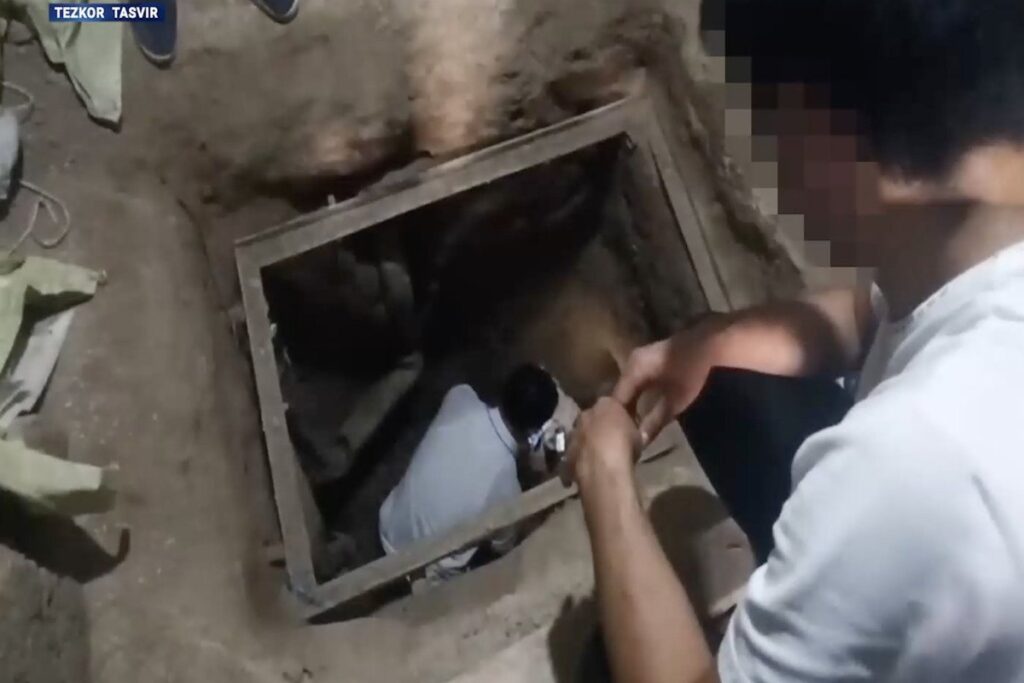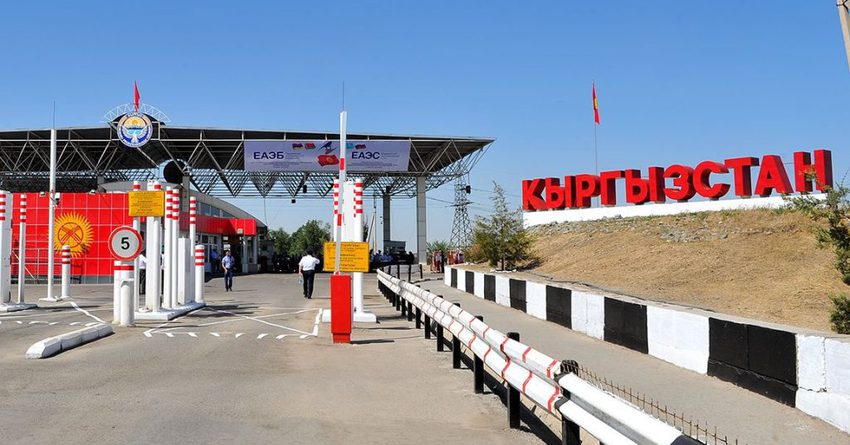Latvia Coaches Central Asia on Borders While Hardening Russia Frontier
Last month, Central Asian border and law enforcement authorities on a training visit to Latvia got a look at the Baltic state’s border with Russia, which the Latvian government is fortifying because of tension over the Ukraine war. Officials from Kazakhstan, Kyrgyzstan, Tajikistan and Turkmenistan met in the Latvian capital of Riga on August 27-29 to talk about how to secure their own borders and work together on trade corridors. The trip ended with a visit to Latvia’s 330-kilometer border to the east with Russia, where “conference participants got acquainted with the infrastructure, equipment and specifics of the border surveillance,” said an EU-backed agency that promotes Central Asian border security and is known by the acronym BOMCA. Unlike the Central Asian countries, Latvia is a NATO member that has provided military aid to Ukraine and considers Russia and Russian ally Belarus, with which it also shares a border (160 kilometers), to be adversaries. Latvia is preparing strongholds, anti-tank ditches and ammunition depots along its border with both countries. The border buildup of Latvia, which was invaded by both Soviet and German forces during World War II before eventual Soviet occupation, differs from the experience of Central Asia’s former Soviet republics, which were formed in the 1920s and 1930s. Of those Central Asian countries, only Kazakhstan shares a border (at about 7,600 kilometers) to the north with Russia, which has longstanding security and trade relations with the region despite the often harsh legacy of Soviet rule. Still, Latvia’s role as a leader of the 20-year-old European Union program to help Central Asia develop and integrate its border management systems comes at a fraught time for the Baltic country as it hardens its borders with Russia and Belarus. The Central Asian officials who inspected Latvia’s border with Russia last month also toured the Border Guard College of Latvia in the eastern town of Rēzekne, whose landmarks include an arch of the ruins of a castle that was mostly destroyed during fighting centuries ago. A Russian military drone entered Latvian airspace from Belarus and fell in the Rēzekne region on Saturday, according to Latvian defense officials. Defense Minister Andris Sprūds said that air defense and electronic warfare development will “allow us to limit the operation of drones of various uses." Latvia has also grappled with illegal crossings by migrants coming from Belarus, which has denied Western accusations that it facilitated border breaches in order to put pressure on the European Union. The EU-backed border training for Central Asia started long before Russia’s full-scale invasion of Ukraine in February 2022 and is designed to help Central Asian countries with their own challenges, which include drug smuggling and human trafficking. There are historical border disputes in Central Asia, but some have been moving toward resolution. Currently, Latvia and neighboring Lithuania are hosting several months of training for Central Asian handlers of K9s, dogs that search for illegal drugs and explosives. Latvia, in turn, is getting its own help from allies. Earlier this year, the United...
